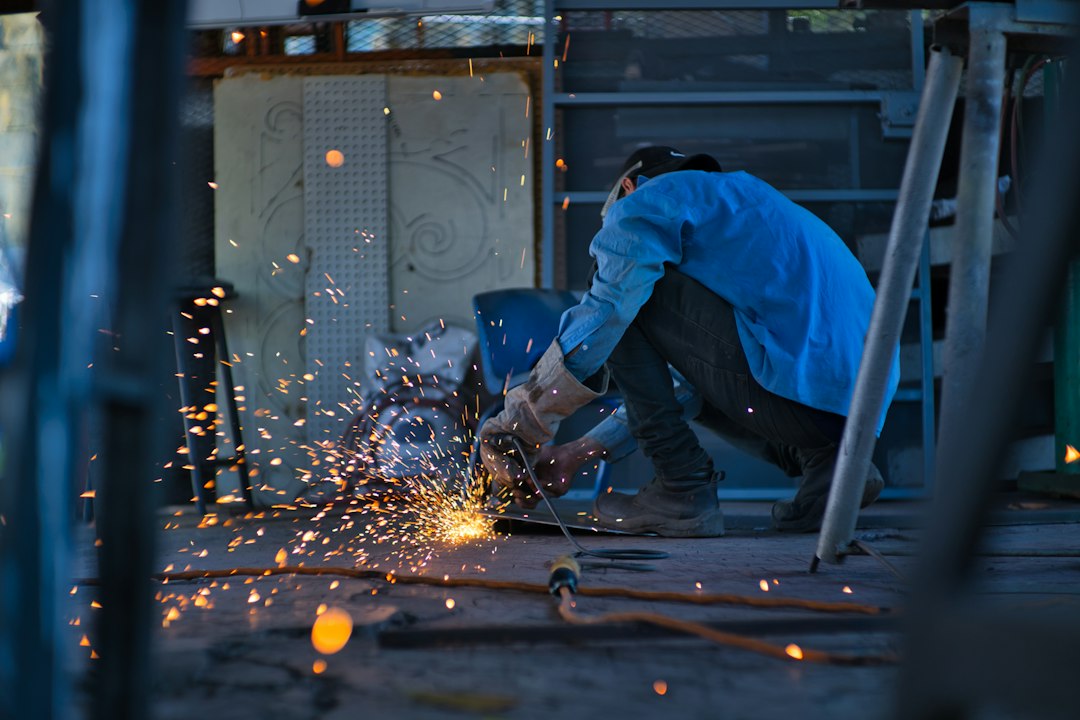The Impact of COVID-19 on Global Manufacturing
The COVID-19 pandemic has had a massive impact on various sectors across the globe, and the manufacturing industry is no exception. Manufacturing, being one of the key drivers of economic growth, has faced significant challenges due to the unprecedented disruptions caused by the virus.
One of the most immediate impacts of the pandemic on global manufacturing has been the disruption of supply chains. As countries imposed lockdowns and travel restrictions, the movement of goods and materials became severely restricted. Many manufacturing companies depend on complex global supply chains, sourcing raw materials and components from different countries. With borders closed and transportation networks disrupted, manufacturers faced a shortage of inputs, leading to production delays and, in some cases, halts.
Moreover, the demand for certain products saw a sudden shift. As lockdowns resulted in the closure of various non-essential businesses and restricted public movement, the demand for products, such as automobiles, luxury goods, and non-essential consumer goods, declined significantly. On the other hand, there was a surge in demand for essential goods, such as personal protective equipment (PPE), medical supplies, and sanitization products. Manufacturers had to quickly respond to the changing demand patterns, reallocating resources and retooling production lines to meet the new requirements.
Labor shortages also became a major concern for manufacturers around the world. While some manufacturers were forced to shut down temporarily due to government-mandated lockdowns, others faced labor shortages due to fears of workers contracting the virus. Social distancing measures and workplace safety guidelines meant that companies had to reduce their production capacity to ensure the safety of their employees. Furthermore, migrant labor, often crucial to the manufacturing sector, was impacted as many workers returned to their home countries, leaving factories struggling to meet production targets.
The pandemic also exposed the vulnerabilities of just-in-time (JIT) manufacturing, a popular inventory management approach used by many companies. JIT relies on efficient supplier networks and minimal stock levels. However, the disruptions caused by COVID-19 highlighted the risks of relying heavily on this system. Manufacturers who relied on JIT faced inventory shortages, delays, and difficulties ramping up production when demand picked up again.
On the other hand, the pandemic brought to light the importance of digitalization and automation in the manufacturing industry. With social distancing and remote work becoming the norm, embracing digital technologies became crucial for manufacturers to continue operations. Many companies accelerated their adoption of technologies such as artificial intelligence, robotics, and Internet of Things (IoT) to automate processes, enhance operational efficiency, and reduce dependency on manual labor.
In conclusion, the COVID-19 pandemic has had a profound impact on global manufacturing. Disruptions in supply chains, changing demand patterns, labor shortages, and the vulnerability of just-in-time manufacturing have presented numerous challenges to manufacturers worldwide. However, the crisis has also highlighted the importance of digitalization and automation in building resilient manufacturing systems. As companies find ways to adapt to the new normal, it is hoped that the lessons learned from this crisis will lead to more resilient, flexible, and technologically advanced manufacturing sectors in the future.

